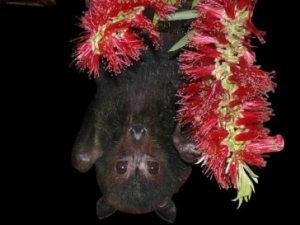

Research Bio
Mike Boots' research focuses on the ecology/epidemiology and evolution of infectious disease. Parasites and pathogens continue to cause a major burden to human health, cause significant damage in agriculture, and are ubiquitous in nature. The overall aim is to understand the evolution of parasites, of host defense and how infectious organisms spread, persist and affect their host populations. They use a combination of evolutionary theory, experimental host-parasite systems, epidemiological models of wildlife and human tropical disease, and field entomology.
Their general theory and experiments concentrate on the role of ecology in the generation and maintenance of diversity in hosts and parasites, the impact of spatial structure on their evolution, and the implications of tolerance in contrast to resistance to infectious disease. They are increasingly interested in applying their evolutionary theory to the management of human and agricultural disease. In addition, they focus on a number of specific disease systems: Squirrel poxvirus; Social networks and TB in Badgers; TB in Wild boar populations; Honeybee varroa mite virus interactions; Dengue and emerging tropical viruses; Human and Avian Malaria.
Research Expertise and Interest
ecology and epidemiology, evolution of infectious disease


